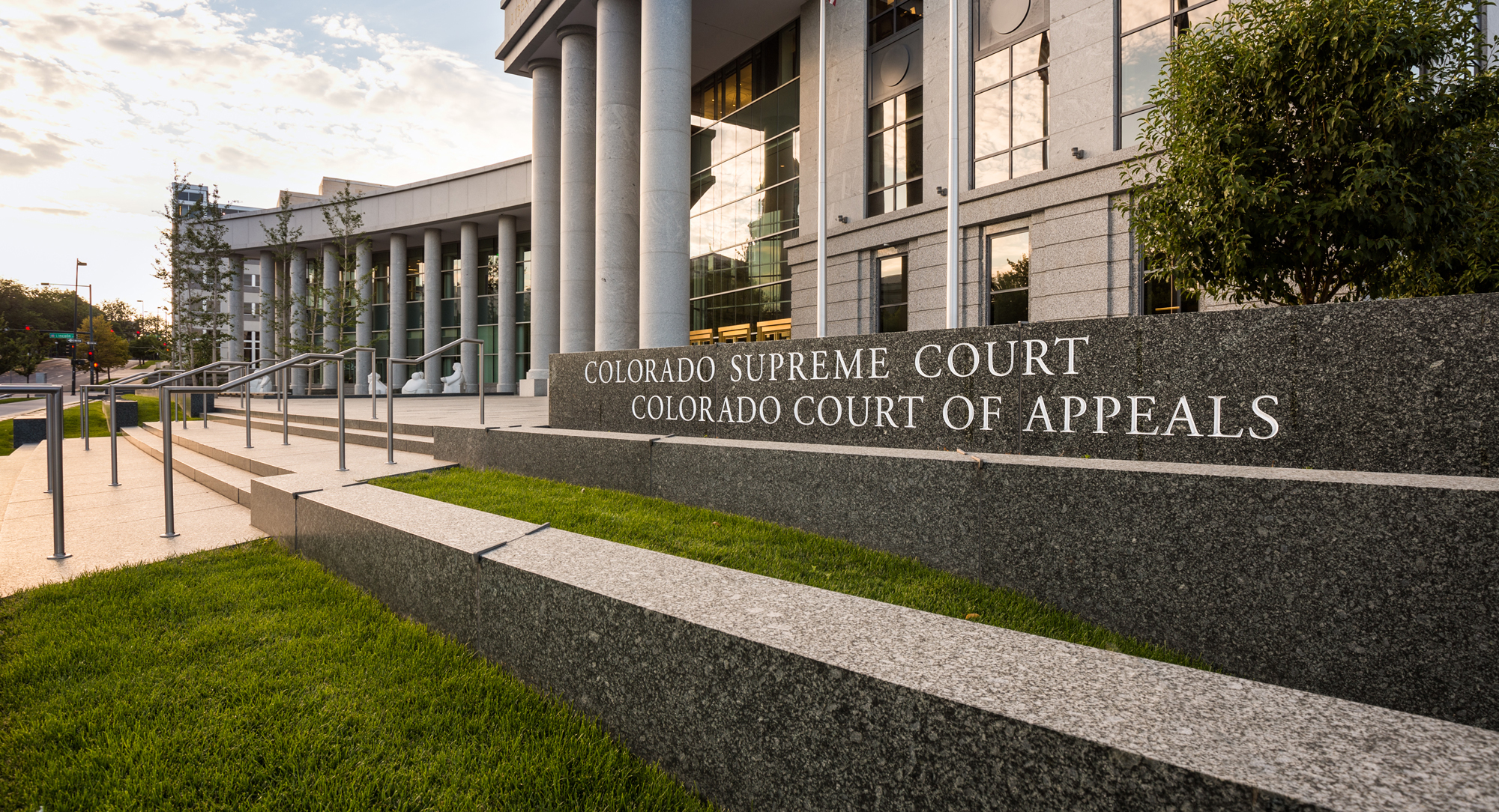
Bentley Streett appealed two decisions made by the United States District Court for the District of New Mexico: the denial of his motion to suppress evidence and the denial of his motion to dismiss certain charges. Streett argues that the search warrant used to search his home lacked probable cause and that'/' the statute under which he was charged is unconstitutionally overbroad. The investigation into Streett began with a tip from the mother of a minor who Streett allegedly solicited for nude photos. The National Center for Missing and Exploited Children assigned Special Agent Jon Whitsitt to investigate the tip. Whitsitt obtained a subpoena for Streett's phone records, which revealed a high volume of communications with minors, including mixed media messages. Detective Hartsock obtained a search warrant for Streett's residence, which was executed and resulted in the seizure of electronic devices. Streett was charged with multiple counts related to child pornography and sexual activity with minors. The district court denied Streett's motion to suppress evidence, ruling that the evidence would have been discovered even without the search warrant. The district court also denied Streett's motion to dismiss charges, ruling that the statute in question is not unconstitutionally overbroad. The Court of Appeals affirmed both decisions.
10th Circuit's opinion
The Court of Appeals delves into the application of the inevitable discovery doctrine to the search warrant issued without probable cause. The Court refers to the Third Circuit's ruling in United States v. Stabile, which concluded that evidence obtained from a search warrant mistakenly targeting a different hard drive did not need to be suppressed because the evidence would have been inevitably discovered. The Court of Appeals agrees with the district court's assessment that a revised affidavit and warrant would have been promptly issued if the initial warrant application had been denied. Additionally, the Court dismisses Streett's arguments against the application of the inevitable discovery doctrine, emphasizing that the doctrine can be applicable even when a warrant has been improperly issued. Moreover, the Court determines that all four factors used to determine the likelihood of a proper warrant being granted favor the Government.
The 10th Circuit examines two cases cited by Streett where the inevitable discovery doctrine was not applied. However, the Court concludes that these cases are not comparable to the present situation. The Court then addresses Streett's argument that the "persuade" provision of 18 U.S.C. § 2251(a) is overly broad. In doing so, the Court outlines the two-step overbreadth analysis, which involves determining the scope of the statute and evaluating whether the unconstitutional applications are significantly disproportionate to the statute's lawful reach. Ultimately, the Court determines that the "persuade" provision is not excessively broad since it requires a "calculated action" to coerce a child into engaging in explicit conduct.
The Court first addresses the issue of the "persuades" provision in 18 U.S.C. § 2251(a) and its potential overbreadth. According to the Court, § 2251(a) prohibits the creation of sexually explicit representations of minors only if those representations qualify as child pornography under the First Amendment. Streett argues that this provision infringes on teenagers' First Amendment right to take sexually explicit depictions of themselves, but the Court disagrees, finding that this argument does not demonstrate significant overbreadth. Streett's second example of potential overbreadth involves hypothetical scenarios in which an adult might innocently encourage a teenager to take a sexually explicit self-photograph. However, the Court determines that the "persuades" provision requires more than simply requesting a sexually explicit photograph. Streett also argues that the lack of a scienter requirement regarding the minor's age, combined with the absence of a mistake-of-age defense, renders § 2251(a) unconstitutionally overbroad. Nevertheless, the Court concludes that Streett has not provided sufficient evidence of substantial overbreadth in any of his examples.
Moving on, the Court discusses the criminalization of certain actions under 18 U.S.C. § 2251(a) that contribute to the creation of child pornography. The Court asserts that the speech criminalized by § 2251(a) is not protected by the First Amendment, citing relevant precedents such as Giboney v. Empire Storage & Ice Co. and United States v. Hansen. Furthermore, the Court upholds the district court's decision to deny Mr. Streett's motions to suppress and his motion to dismiss counts 3 through 7 of his indictment. While Judge EID concurs in part and in the judgment, they express disagreement with the majority's analysis of the term "persuades" in § 2251(a), arguing that evaluating the scope of the word is unnecessary because the speech criminalized by § 2251(a) is not protected by the First Amendment.


